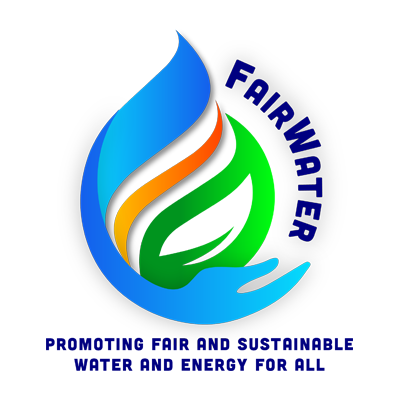How might we enable recirculating showers to be adopted at scale in the UK?
The challenge:
Showering is one of most water intensive activities regularly carried out in the home, with an average shower consuming more than 50 litres of hot water. With exception of space heating, heating water for showering is also one of the highest users of energy. The factors that determine how much water and energy is used are also those that underpin the showering experience: water flow rate, temperature and shower duration.
Household water efficiency advice often focuses on reducing shower duration, using shower timers to encourage users to change their behaviour. Technologies such as low-flow shower heads and flow restrictors also reduce water use. However, such changes can adversely impact the showering experience, limiting their long-term adoption and impact on water and energy use.
Recirculating showers offer a potential solution. By recycling water and heat energy locally, such technology can reduce water and energy use by up to 80%, while providing the same, or better, showering experience. Despite being available to buy in parts of Europe and North America, such technology is precluded from use in the UK by water fittings regulations and building standards.
Urgent action is needed to ensure that:
- UK water regulations are fit for purpose and not unnecessarily limiting game changing new technologies such as recirculating showers.
- Access to such technology is available to all and is not unfairly restricted by individual needs and capabilities, especially customers in vulnerable circumstances.
- Concerns around the concept and practical implementation of recirculating showers are addressed through customer-focused participatory engagement.
We are inviting regulators, innovators, academics, industry experts, practitioners & equipment suppliers to come together to design and commit to a transformative action plan to enable and accelerate the adoption of recirculating showers in the UK.
| Registration has now closed |

